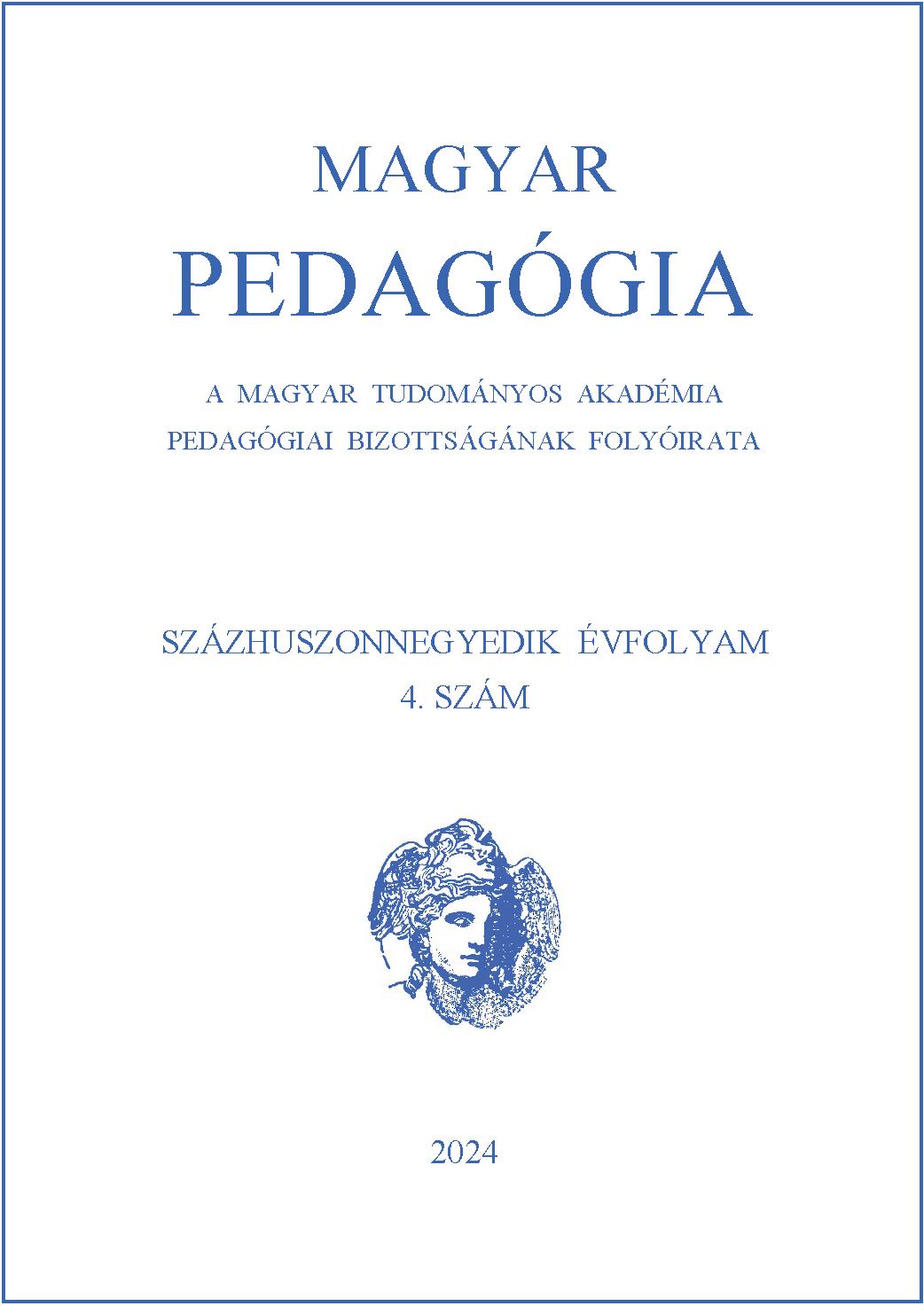Methods for Exploring Cognitive Factors Predicting Academic Performance in STEM Ma-jors and Courses A Narrative Review
Main Article Content
Abstract
There is a strong demand in the labour market for STEM major graduates (science, computer science, engineering and mathematics), both at national and international level. However, only a small proportion of undergraduates study in these fields, and many of them drop out (OECD, 2023). With the aim of reducing drop-out in higher education, a growing body of research is developing predictive models to prospectively identify students likely to be left behind. The aim of our narrative literature review was to identify cognitive variables (e.g., high school studies, prior knowledge) that have been found to have significant effects in existing predictive models of STEM majors or courses; thus, they may be worth further investigation in future research and may be the basis for catch-up programmes. From the very rich literature available, we have reviewed the last 30 years. The main findings of our exploration are that (1) while subject knowledge of a particular subject or course plays a more diverse role, the role of mathematics appears in all research; (2) the complexity of models constructed in existing research is highly varied, ranging from descriptive statistics to machine learning; (3) in some models, it was not the cognitive variables that had the largest effect, but some non-cognitive variables; and (4) a lesson for future research is that models need not only to be constructed, but also tested on a subset of the sample. The results reported in this study may form the basis of further systematic literature reviews in specific STEM fields, as well as contribute to the preparation of pedagogical and methodological developments to reduce dropout rates at university level.

